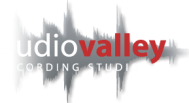ABOUT US
Audio Valley opened in 2003 in Perth Ontario, and relocated to Ottawa in 2009. The studio has been steadily building our collection of high end analog equipment and instruments while also staying on top of the most current digital gear and software. Whether you are looking to do an old school live off the floor with a large live band or a super modern sounding electronic album, we’ve got you covered!
We don’t only work with music though! We record voice overs and ADR, audio books and podcasts. We are set up to connect remotely with multiple cameras so that you can have a virtual session with talent from anywhere in the world.
It seems that every studio in the world, whether it is a million dollar facility or a basement, claim to record with “state of the art” equipment and deliver “radio quality professional results”. Instead of trying to come up with better adjectives and catch phrases (we record with “space aged alien technology”???), I would simply invite you to take a listen to some of our work, send us an e-mail with any questions you have, or book a tour of the studio. Also, please feel free get in contact with bands or artists who have worked with us in the past to get an idea of what we are all about, and please do the same with other studios when you are doing your research.
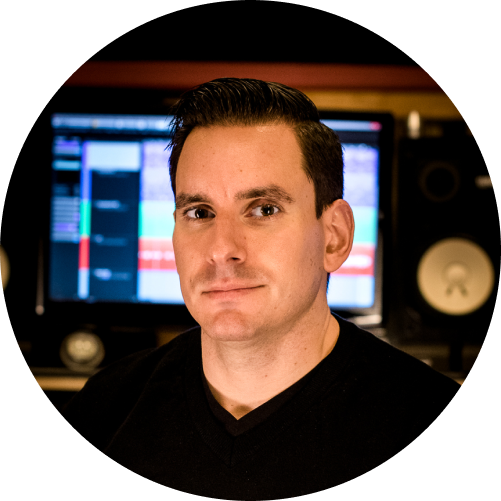
Steve Foley,
Steve has been an engineer at Audio Valley since 2003 and has been recording and mixing professionally since 2001. Steve is also a multi-instrumentalist with a very strong playing and writing background. He recorded, mixed, co-produced and played on Kellylee Evans’ album “The Good Girl”, which was a follow up to her Juno nominated album “Fight Or Flight” (which was also recorded and mixed at Audio Valley). Steve has a diverse musical background, and has worked with major label hip hop artists (J-Cole, Flo Rida, Big Boi), jazz artists (Kellylee Evans), successful pop, country and rock artists (Chad Kroeger, Carly Rae Jepsen, The Cooper Brothers) and a huge number of amazing independent artists.
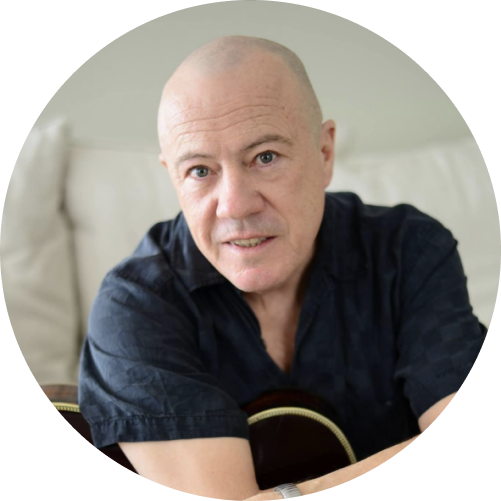
Keith Glass
Keith is the guitar player for the 6 time Juno Award winning band Prairie Oyster. He has more than 40 years experience as a professional musician and producer, and is also an incredible songwriter. He is a multi-instrumentalist and has performed on a countless number of albums across many genres of music.
OUR FREELANCERS
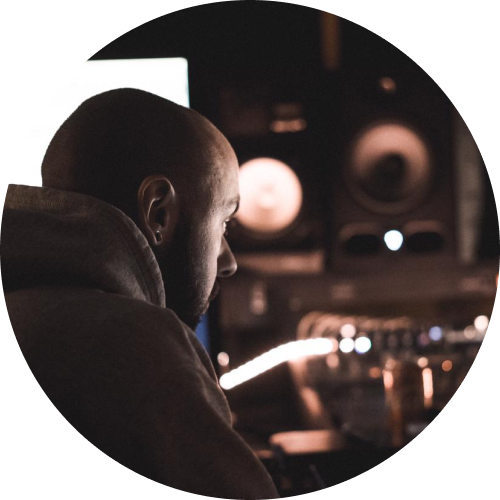
Carde Blanche (Adam Smith), Producer/Engineer
Adam graduated Algonquin College’s Music Industry Arts program before going on to work out of Audio Valley Recording Studios where he honed
his craft and trained his ear. After 7 years of experience and making
records, he’s worked with several hundred artists spanning major
labels and independent alike.
Credits Include: Jutes, Diamond Pistols, MIME, Tarro, Swisha T,
Avedon, Ja¥en x District, Teflon Sega, Chrissy Spratt and hundreds
more!
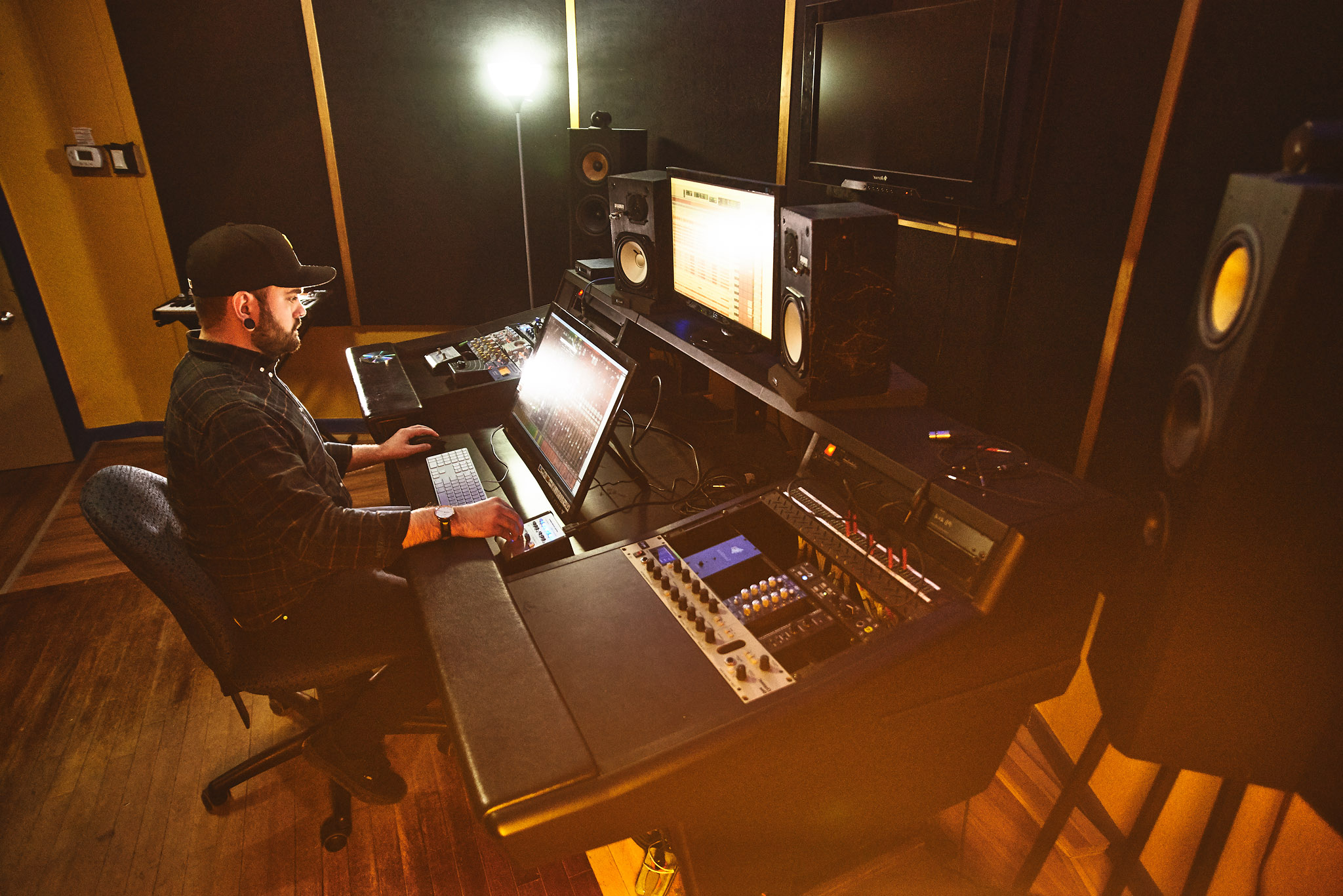
Josh Hart, Producer/ Engineer
Specializes in Pop/R&B production. Helping artists create radio-ready singles. With over 13 years of experience. From guiding artists to get on the radio to building a fanbase on streaming. Alongside the artist from start to finish.
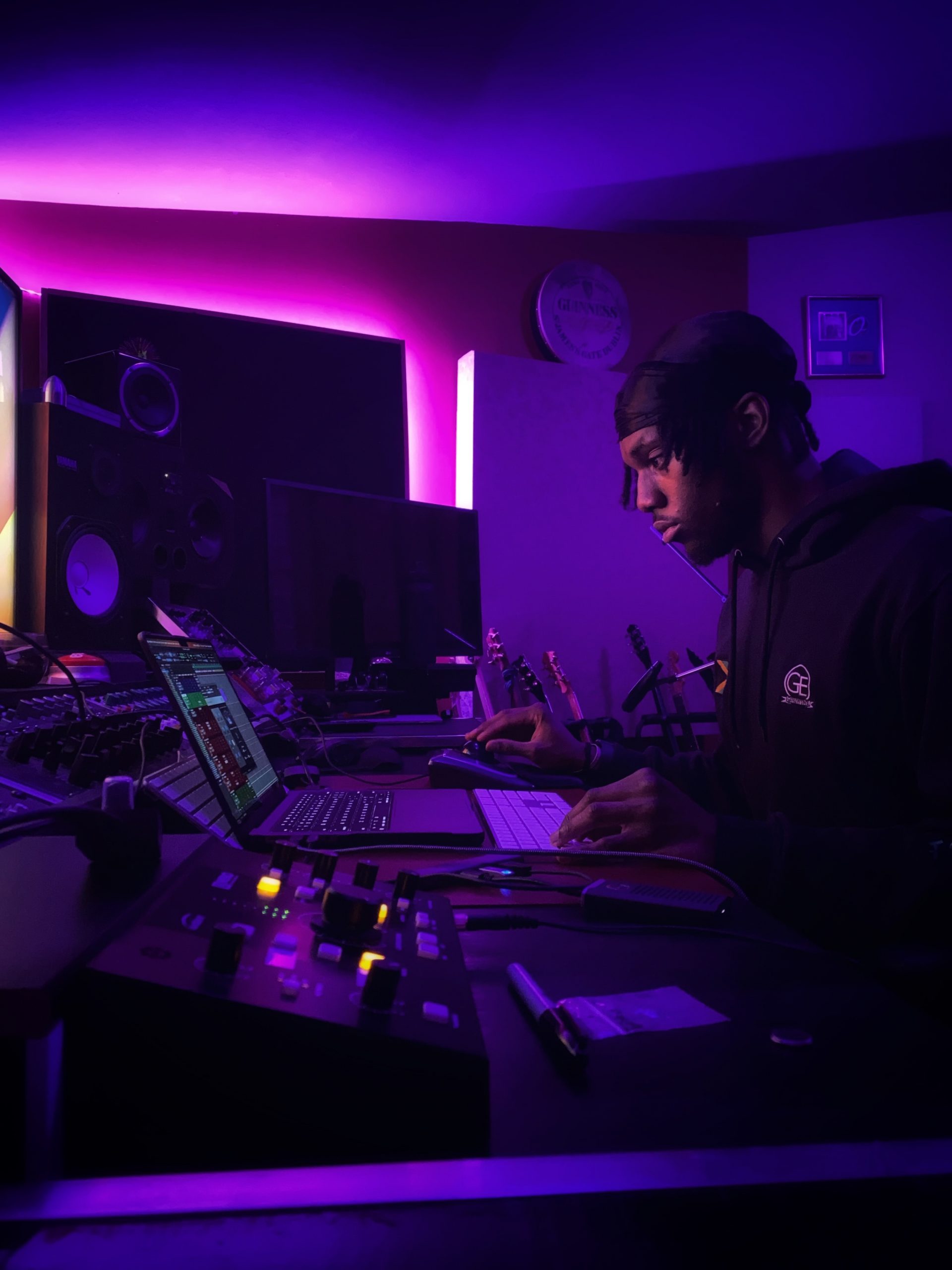
Daniel 'Dray' Paisley, Producer/ Engineer
Algonquin College Music Industry Arts graduate Daniel 'Dray' Paisley is a recording, mixing, mastering and Dolby Atmos Certified engineer. Dray started his music career at a young age playing the drums, piano, and making beats. His musical background provides him with a unique technical understanding of sound, in which he passionately applies to his work. Specializing in R&B, Pop, and Hip-Hop.
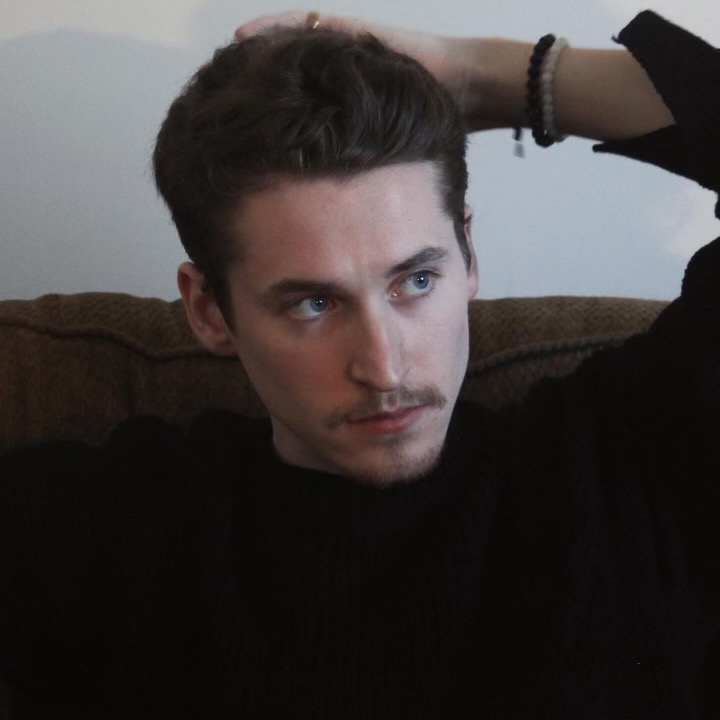
Max Clowater, Producer/Engineer
Max is a Music Industry Arts Honours graduate from Algonquin College. He specializes in Hip-Hop, RnB and Soul records. Max has worked with a multitude of artists from all different genres on their songwriting, recording mixing and mastering, as well as artist development and release strategies.
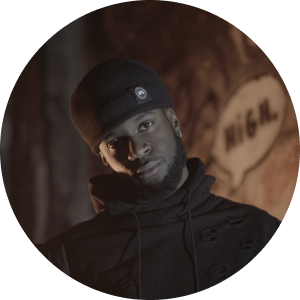
Lindasson (Shymar Brewster), Artist/Producer
Lindasson is emerging as one of Canada’s most innovative young hip hop artists. Specializing in intimate storytelling, his music blends life’s dark and vulnerable moments into uplifting anthems. He has worked at Audio Valley since 2018 blending his knowledge of recording and mixing with his instincts as an artist and writer. He graduated with a degree in audio production from T.A.R.A. in Ottawa, and is currently collaborating with Night Lovell and several other major label artists on upcoming releases.
FAQ
Can’t find the answer you are looking for? We’ve shared some of our most frequently asked questions to help you out.
1. How much does it cost to record a song?
That’s a real tough question to answer. There are some songs that sound great after 2 hours, and some that an artist will work on for 5 days straight. For every story of a #1 hit that was recorded on the first take in a bedroom, there is an album that was laboured over for 3 years. What we can tell you is that we will do the best job in the city for the time and budget that you have available. The best way to figure out how much time a project will take is to get in touch with us so that we can go over all the details and make sure we are creating a budget and booking a session that will get you the quality that you want and not run overtime.
That’s a real tough question to answer. There are some songs that sound great after 2 hours, and some that an artist will work on for 5 days straight. For every story of a #1 hit that was recorded on the first take in a bedroom, there is an album that was laboured over for 3 years. What we can tell you is that we will do the best job in the city for the time and budget that you have available. The best way to figure out how much time a project will take is to get in touch with us so that we can go over all the details and make sure we are creating a budget and booking a session that will get you the quality that you want and not run overtime.
2. Does a session include mixing?
For the most part, we book studio sessions by hour. If you book a 5 hour session, and record vocals for 4.5 hours, then edit for 30 minutes there would not be time left to dive into doing a professional mix. We work very quickly, and make sure that as we are working we are getting amazing sounds to “tape”. Still, at the end of the day there are some artists that will want to take more time to mix a song in order to get the quality of the track as high as possible. Another artist may be completely happy with the way the song sounds without any additional mixing.
3. How do I book a session?
Fill out the contact form. Try to give as much detail about what you want to do in the session as possible. Include the genre of music, links to past work (so we have an idea of which engineer to match you with), how much time you think you will need, your goal for the track (release for free on social media or a commercial release etc.). It’s much easier for us to help you out and get you in with the right engineer/producer as quickly as possible if we have lots of info.
4. Can we do a remote session with someone in another city?
Yes! We do remote sessions on Zoom, Source Connect and Audio Movers all the time. You will be able to see and hear the producer or talent in the other city clearly so that you can collaborate easily.
5. What is the difference between studio A and B?
If you missed the description on our page, no worries! The quick answer is that they are both high end pro quality studios. Studio A is physically much larger, so it’s great for large ensembles, bands, groups that need multiple iso booths or single artists who are claustrophobic and want the 750 sq. foot live room to themselves. Studio B is one amazing sounding control room and one medium sized (13 x 7) live room. It’s amazing for vocals, voice overs, overdubs and mixing.
6. Do you charge for set up time?
The simple answer is yes. If you have a simple vocal session or mixing session, there will realistically be no setup time. If you need to load in a full band, lights for a video shoot, an orchestra etc. the studio session starts at that time. At that point our engineers would be working with you right away choosing where to set up instruments, mic placement and going over all the technical details.
7. I’m a producer/engineer, can I rent the studio for myself?
Yes! Contact us for freelance rates and packages. We have the best freelance rates in the city. The studios are well laid out and the patch bay is easy to follow. If you are not familiar running a full multitracking session, it’s probably a good idea to rent the studio for the first hour with an engineer to help you get everything running, and then you can finish the rest of the tracking/mixing session on your own at the freelance rate.
8. What is a producer, really?
It depends on the context. In hip hop, sometimes the person who made the beat/instrumental is considered the “producer”. Technically the producer is someone who oversees the project from both an administrative and creative perspective. A music producer will book the studio, choose session musicians, work on song structure, instrumentation and songwriting. Sometimes their role will be as simple as just making sure that the artist is conveying the right emotion in a vocal performance, and other times they may re-write every single part that each member of a band plays. A producer will also be involved in communication with the label, marketing team, and all of the other moving parts involved with releasing a song in addition to working with the artist(s) to achieve their creative vision.
9. What is the difference between a producer and an engineer?
An engineer is responsible for all of the technical details of a recording. They will set up microphones, adjust EQ and compression, operate the computer and record all of the audio. Technically the strict role of the engineer is to capture the sound of the artist. A producer is responsible for the creative details like song structure, instrumentation, the overall feel of a song, guiding the performances of the musicians and the overall creative vision of a song. These days most producers are also engineers because budgets don’t necessarily allow for both an engineer and producer to be in on a session. There is typically a slightly higher cost to a session if you are looking for an experienced producer vs. a tracking engineer. If you want to come in and perform without someone telling you what to do, you need an engineer. If you want creative guidance, vocal coaching and help creating new musical textures and parts in your project, you need a producer.
10. Can you smoke in the studio?
No.
If you have anymore questions, feel free to reach out to us through email (preferred) or on any of our social media channels.
